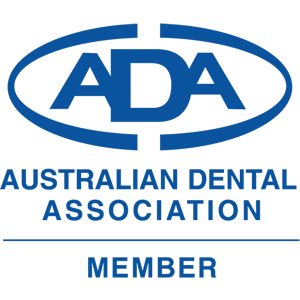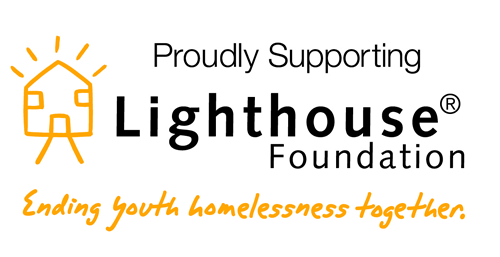Babies are sweet enough - join the campaign for a healthy life
Over 600 million children worldwide are affected by Early Childhood Caries (dental decay or holes in the teeth). By being aware of the choices we make we can change the world for our children and grandchildren.
The two important steps we can take are:
- Increasing the age at which sugar is introduced and
- Reducing the frequency of its consumption. (how often children are exposed to sugars)
Getting the best out of life
The World Health Organisation has guidelines on the daily intake of "free sugars". Since 2015 they are recommending that these should only make up 5% or our total energy intake.
The great thing about making a change is that we are going to better prevent diseases such as diabetes, heart disease and cancers.
What are ‘Free Sugars’?
This recommendation is based on intake of added ‘free’ sugar products. Free sugars are included in most packaged products you pick up in the supermarket and can hide under a number of different names, meaning often we are unaware of how much sugar is really in the product.
The most common names for free sugars found on ingredients lists:
Sucrose, Maltose, Dextrose, Fructose, Glucose, Galactose, Lactose, High fructose corn syrup, Glucose solids, Cane juice, Dextrin, Maltodextrin, Dextran, Barley malt, Corn syrup, Caramel, Buttered syrup, Carob syrup, Malt syrup, Diatase, Diatastic malt, Fruit juice, Golden syrup, Turbinado, Sorghum syrup, Refiner’s syrup, Ethyl maltol, Maple syrup … and of course anything with ‘sugar’ in its name.
How much sugar is that really?
It’s difficult to know what the guidance means in real terms, however you can use the guide below to estimate how much sugar is in a few of the most popular snack foods and drinks (on average).
• 330ml can of Full Fat Carbonated Beverage: = 8-12 teaspoons
• Regular size chocolate bar: = 7-10 teaspoons
• 200ml Orange or Apple Juice (from concentrate): = 5 teaspoons
• 1 jam doughnut: = 4 teaspoons
• 200ml diluted ‘squash’ drink: =4 teaspoons
One teaspoon of sugar is equivalent to approximately 4g.
But what about fruit?
Fresh fruit does contain sugar (mainly fructose), but it is not ‘added’ as it occurs naturally in the product. Because of this fresh fruit does not count as part of the WHO’s guidelines for free sugars, however it’s important to remember that too much fructose, even from fresh fruit, can have a negative effect on our bodies, such as bloating or other digestive issues. Fresh fruit should be consumed as part of your diet in healthy moderation along with plenty of fresh vegetables.
Top Tips
• Drink Water instead of juice or carbonated drinks.
• Don’t add sugar to your tea or coffee – if you can’t live without your sweet hit try a non-sugar sweetener instead.
• If a food item contains sugar within the first 3 ingredients, or has more than one type of sugar listed, avoid it if you can.
FROM INFORMATION PROVIDED BY The Alliance for a Cavity Free Future http://www.acff.org







